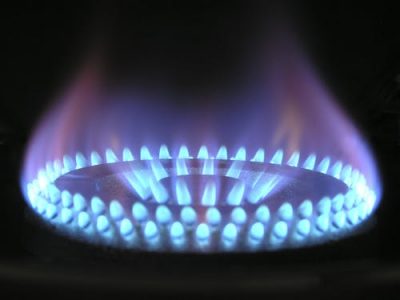Illinois legislation has been filed to rid utility bills of a special surcharge. The Qualified Infrastructure Plant, or QIP Charge has been in effect in 2013.
The charge allows Ameren-Illinois and other utility companies in the state to raise bills to pay for natural gas pipe replacement and urgent infrastructure repairs. Much of the 2013 bill was due to the replacement of cast iron pipes, but lawmakers are saying that much of that work has been completed.
According to the Citizens Utility Board, Ameren raised its gas delivery rates by $76 million during the pandemic. CUB says the state’s utilities are aggressively over-spending on fossil fuel infrastructure that may soon be phased out by climate change legislation.
State Senator Cristina Castro held a press conference on Monday with the Illinois Chapter of AARP to make the public aware of the increased heating cost problem and lack of transparency by the state’s utility companies: “The bill is about transparency and holding utilities accountable. People’s Gas is overhauling their entire system rather than focusing on the most dangerous projects. Ameren and Nicor are still charging their natural gas surcharge despite already replacing their most risky systems. Together, these projects are costing hundreds of millions of dollars being paid for by the companies’ customers. By ending the surcharge, sooner rather than later, we are doubling down on the state’s commitment to protecting taxpayers and increasing transparency when it comes to our energy companies.”
AARP IL Associate State Director Jeff Scott says he’s heard stories this year of some of the state’s elderly having to make tough choices when it comes to paying their utility bill this winter: “As a part of the advocacy effort, we have worked to fight against the gas Qualified Infrastructure Plant and its assault on ratepayers’ pocketbooks since the inception of the idea nearly a decade ago. We consistently hear from our members that their utility bills force them to make extremely difficult decisions. Many of our members are on fixed incomes, and they must make unfortunate decisions between other necessities such as food, medicine, rent, or just simply taking care of themselves and their loved ones by living in hospitable conditions. Just last month, we heard heartbreaking stories from hundreds of members across the state. Some have seen their gas bill tripled in the last couple of months, and many are unfortunately behind on their bill.”
This bill is in its second life as it was introduced by State Senator Ram Villavilam in February last year. Both the House and Senate bills are currently in Assignments.




